Online exchange
Since early 2020, as a result of the Covid-19 outbreak and resulting pandemic, all in-person study abroad programs have been put on hold. However, to enable students to experience international exchange in a different format, we have been participating in and hosting online exchanges with a number of different institutions.
Chosun Nursing College (South Korea)
Beginning in 2020 due the effects of the global spread of Covid-19, we have conducted online exchanges with Chosun Nursing College, one of our partner institutions.
2022 Online Exchange
A total of 31 students, four faculty, and three staff members participated in this second exchange hosted online by MPNU in December 2022. The theme of the exchange was Putting our nursing knowledge to use in our lives, and groups from both universities gave presentations on four related topics:
- A nutritionally-balanced diet for nursing university students
- Habits for staying healthy and boosting our immune system
- Changes in our lives since becoming nursing university students
- Time management as nursing university students
The exchange program began with group self-introductions and an icebreaking breakout session. The central portion of the exchange revolved around groups’ presentations on the above four topics. After that, groups separated into their presentation topic groups and had a follow-up discussion on the cultural differences and similarities they had found.
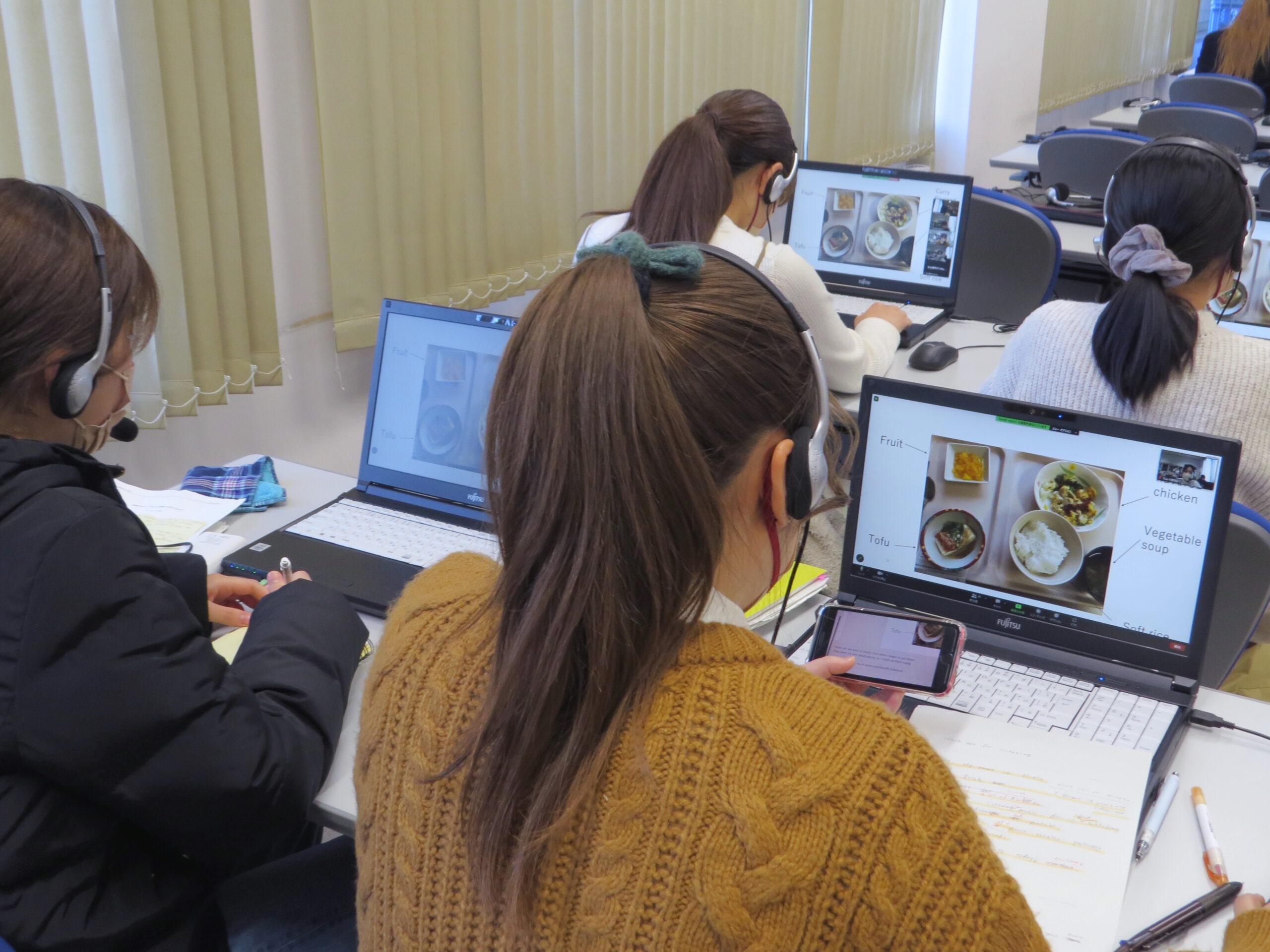
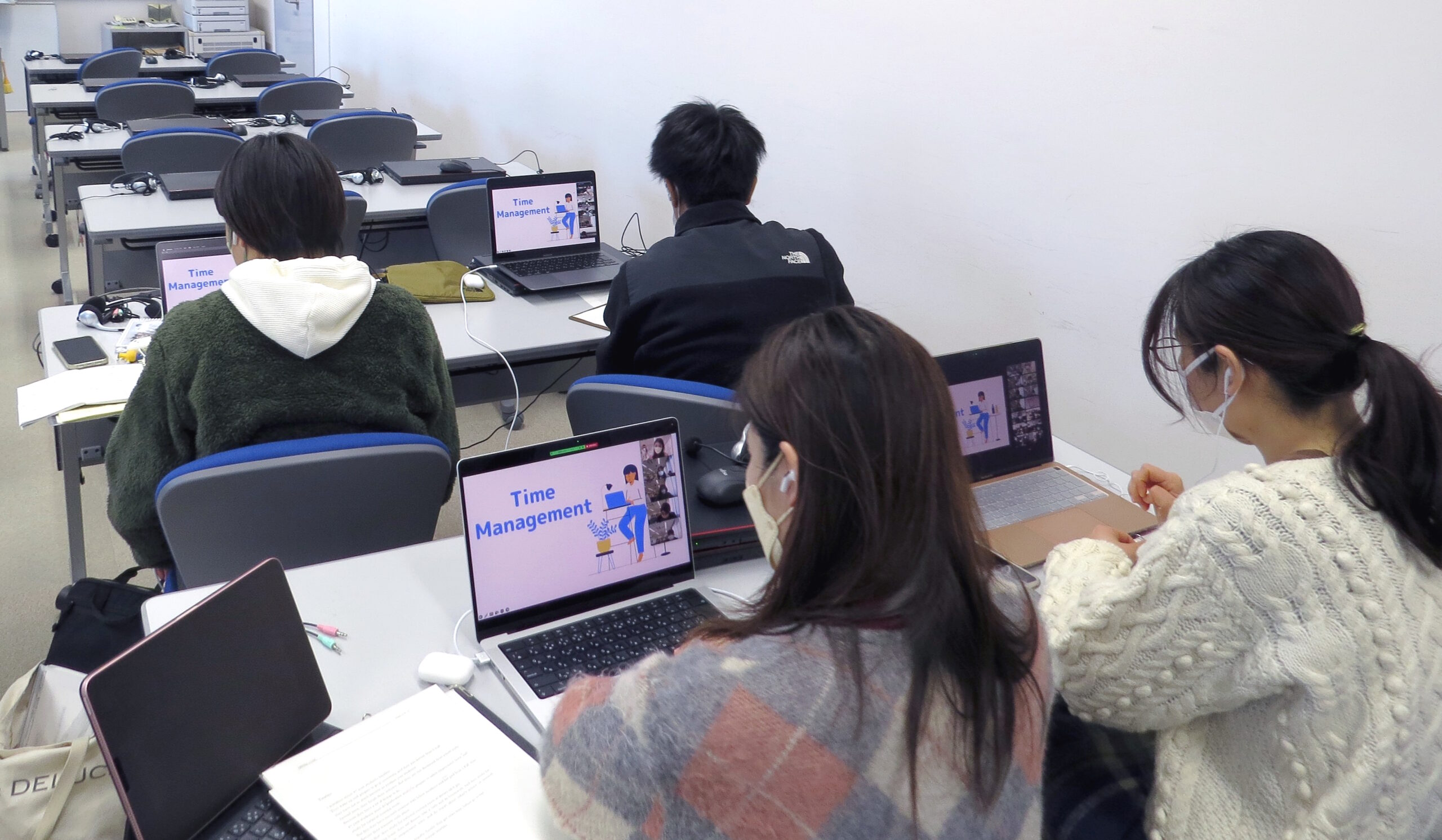
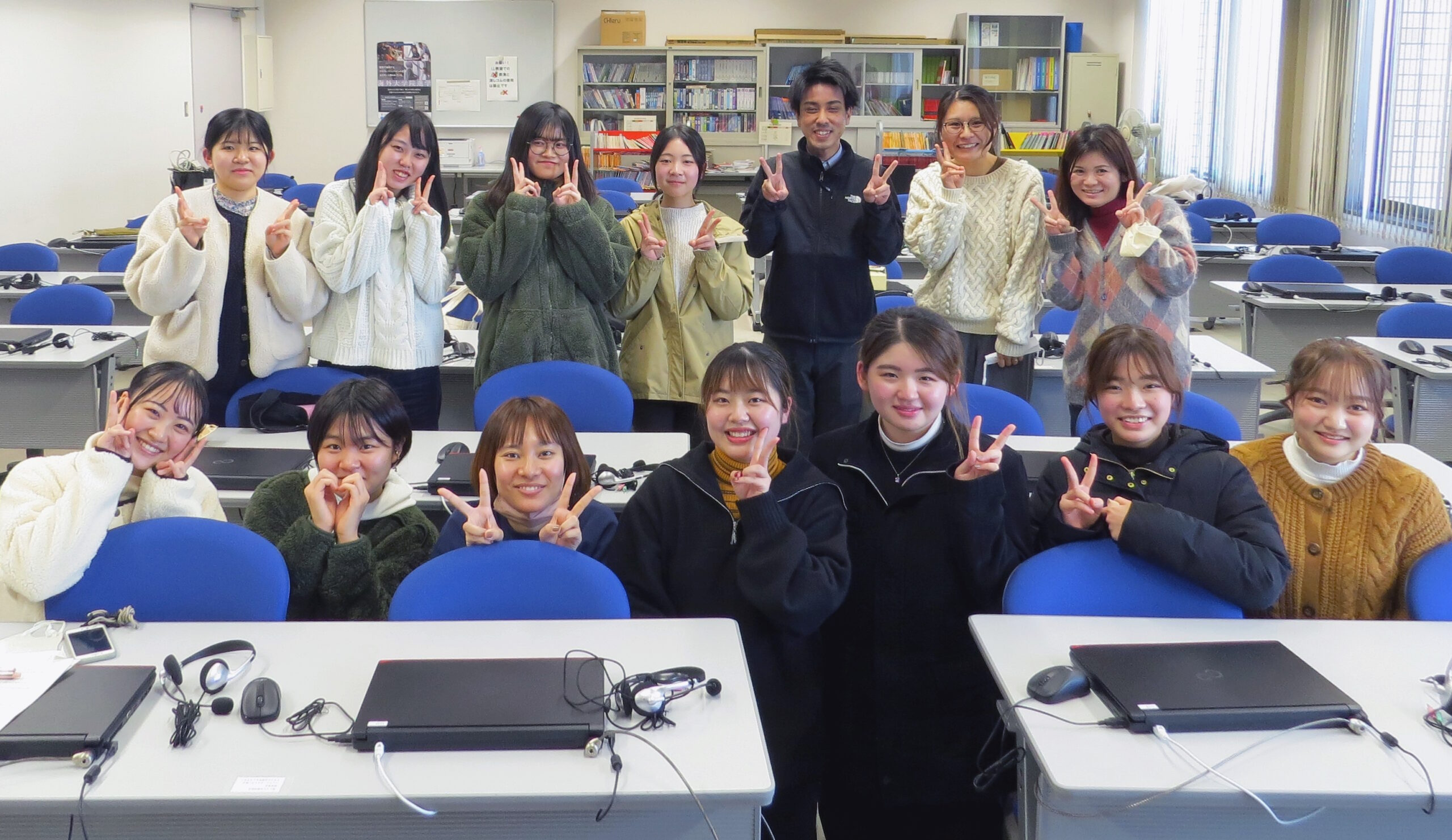
2021 Online Exchange
Thirteen MPNU students and 23 CNC students joined the first online exchange hosted by our university. The theme was Self-care for nursing students, and students from both universities presented on four relevant topics:
- A day in the life of a nursing university student
- A healthy diet in our culture
- Boosting our immune system
- How we can relieve stress as nursing students
In order to promote active exchange, the students were divided into groups according to their group topics and started by introducing themselves. After giving their own presentation and listening to the other groups’ presentations, they were divided into groups again for a discussion session.
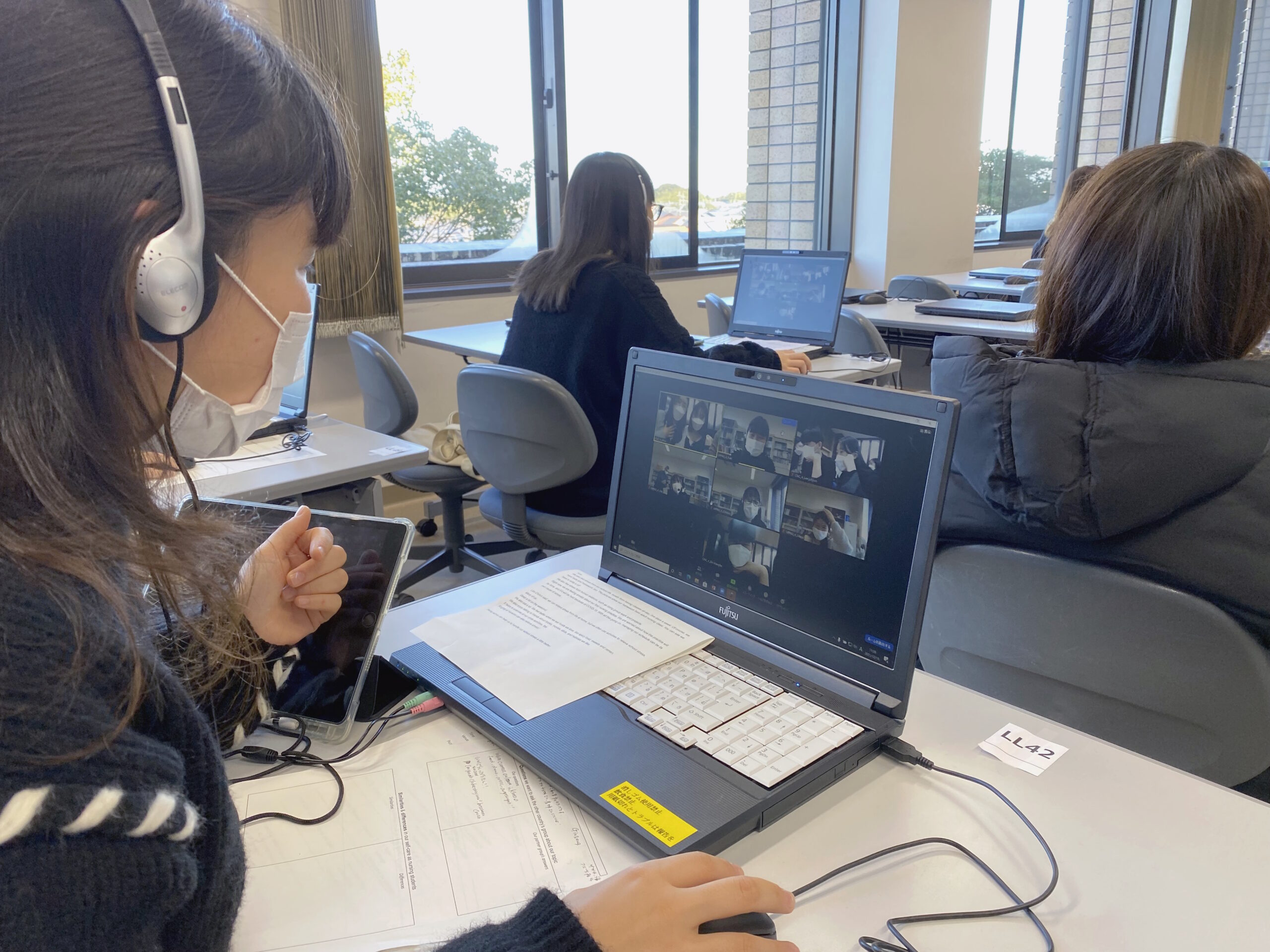
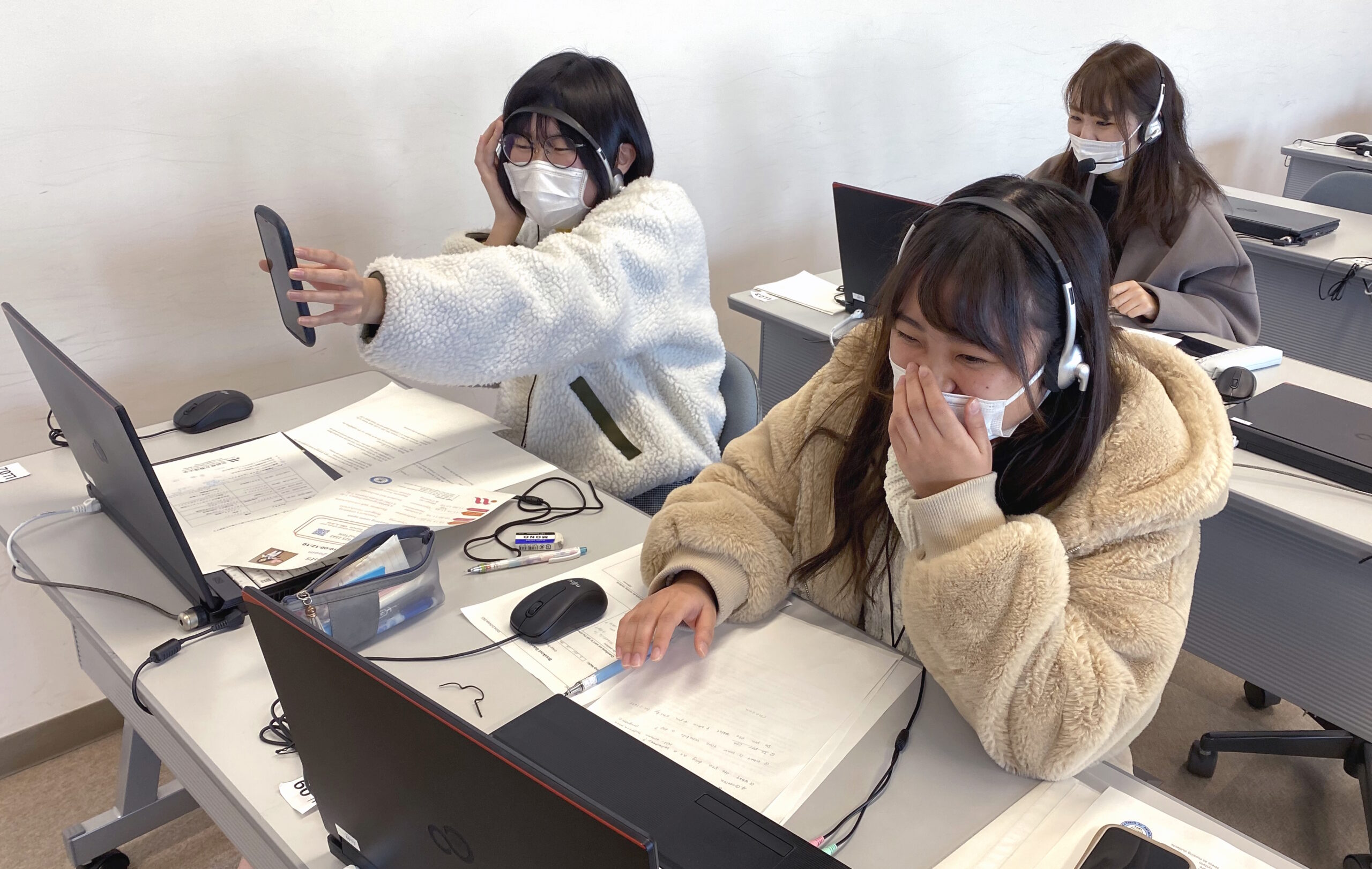
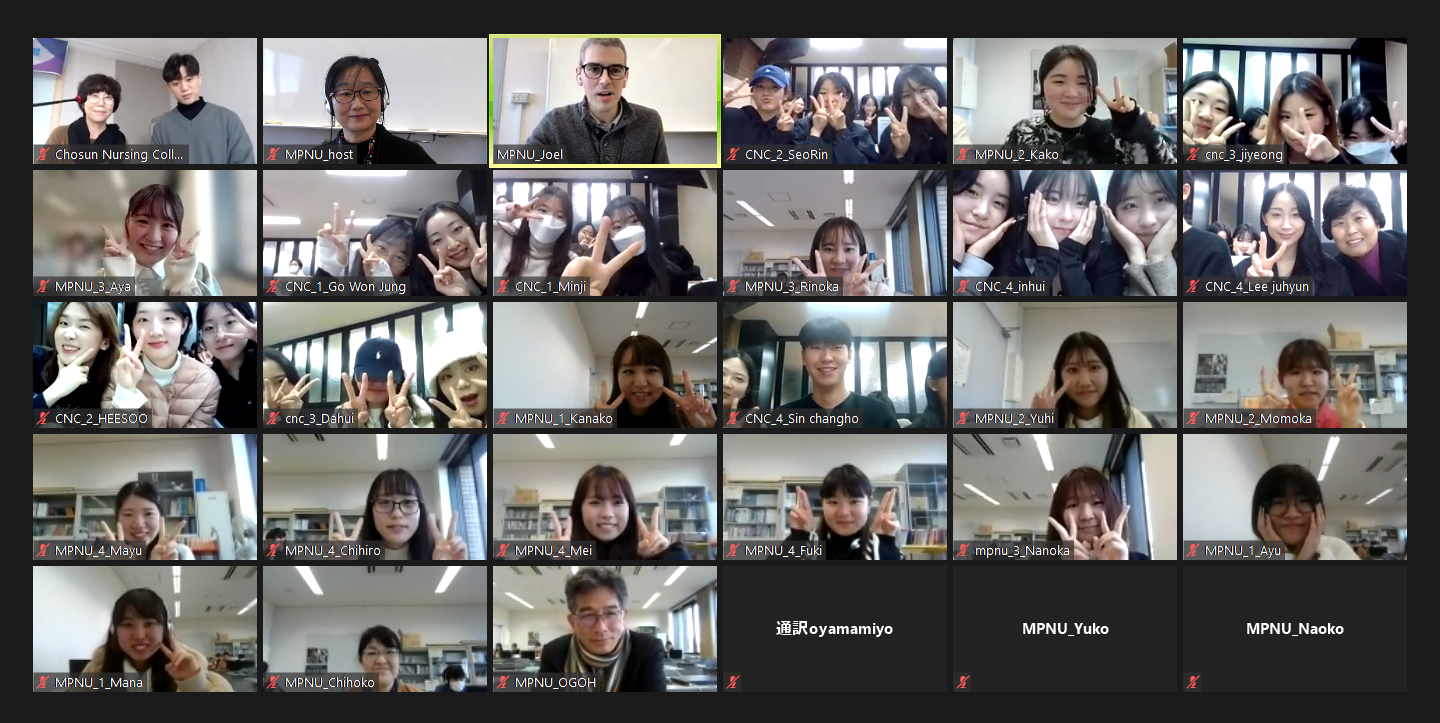
2020 Online Exchange
In December 2020, CNC hosted our first online exchange, which included students from both universities introducing their own schools, followed by presentations on The role of nursing students in preventing COVID-19 infections and Health and medical policy regarding the novel coronavirus infections.
From the Participants
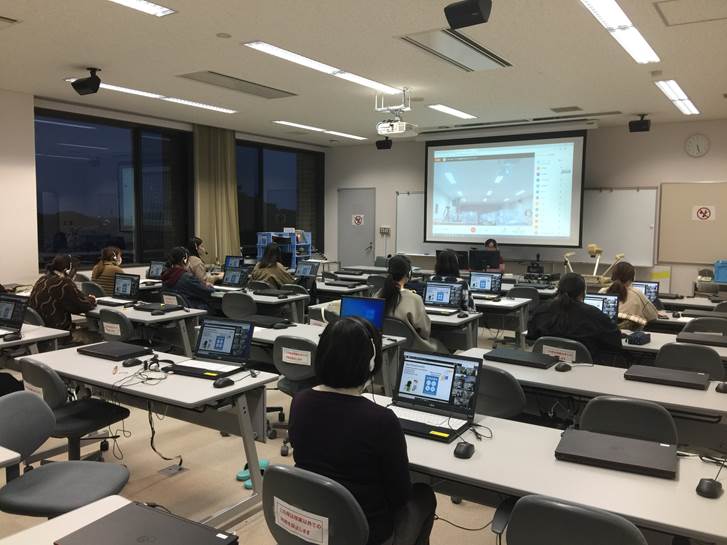
Aoi Niiro, 4th year student
Because the novel coronavirus had spread through 2020, the annual summer study abroad program was canceled. I was disappointed that I could no longer study abroad. However, I participated in an online exchange meeting held to create a chance for each university to connect and learn from each other. In the exchange, we introduced each other’s universities and made presentations on strategies for COVID prevention and the role of nursing students, and about the pandemic situation and health care. COVID cases were increasing in both countries, forcing people to refrain from activities and to attend classes online. Even though we were unable to go to our nursing practice and had few opportunities to study in the medical field, we were able to obtain a better knowledge of patients and learn more about nursing through continuous exchanges of ideas on campus. On-campus training at the Chosun Nursing College also includes the use of cutting-edge robots and a simulation room that resembles a hospital room to help students learn more practical nursing skills. Although not being able to undertake actual hospital training was frustrating, I was encouraged to see CNC students working hard under similar conditions. They volunteered at nursing homes and welfare facilities and interacted with the users. At our university, we made and distributed citrus ribbons as part of the Citrus Ribbon Campaign to eliminate prejudice and discrimination against those infected with COVID-19 as well as essential workers.
Although the impact of the pandemic on nursing students is significant in both countries, we were proactive in thinking about how we could act in this situation. Our approaches differed, but I believe that our awareness and sense of mission as nursing students, as well as our ability to act, were similar. Through this online exchange meeting, I learned about the situation in Korea and their activities, our university’s infection prevention for COVID-19, and the activities during the pandemic. As someone with the same aspiration of becoming a medical professional, I was stimulated by our mutual hard work.
Chiang Mai University (Thailand)
In July 2021, 189 nursing students from 13 universities in Thailand, Korea, China, and Japan participated in an online exchange program hosted by the Faculty of Nursing at Chiang Mai University in Thailand. 19 students participated from our university: 15 first-year students and 4 second-year students. There were presentations and group question-and-answer sessions on eight topics, including Experiences as a Nursing Student, Education, Covid-19, Festivals and Holidays, and the Role of the Nurse in Each Country.
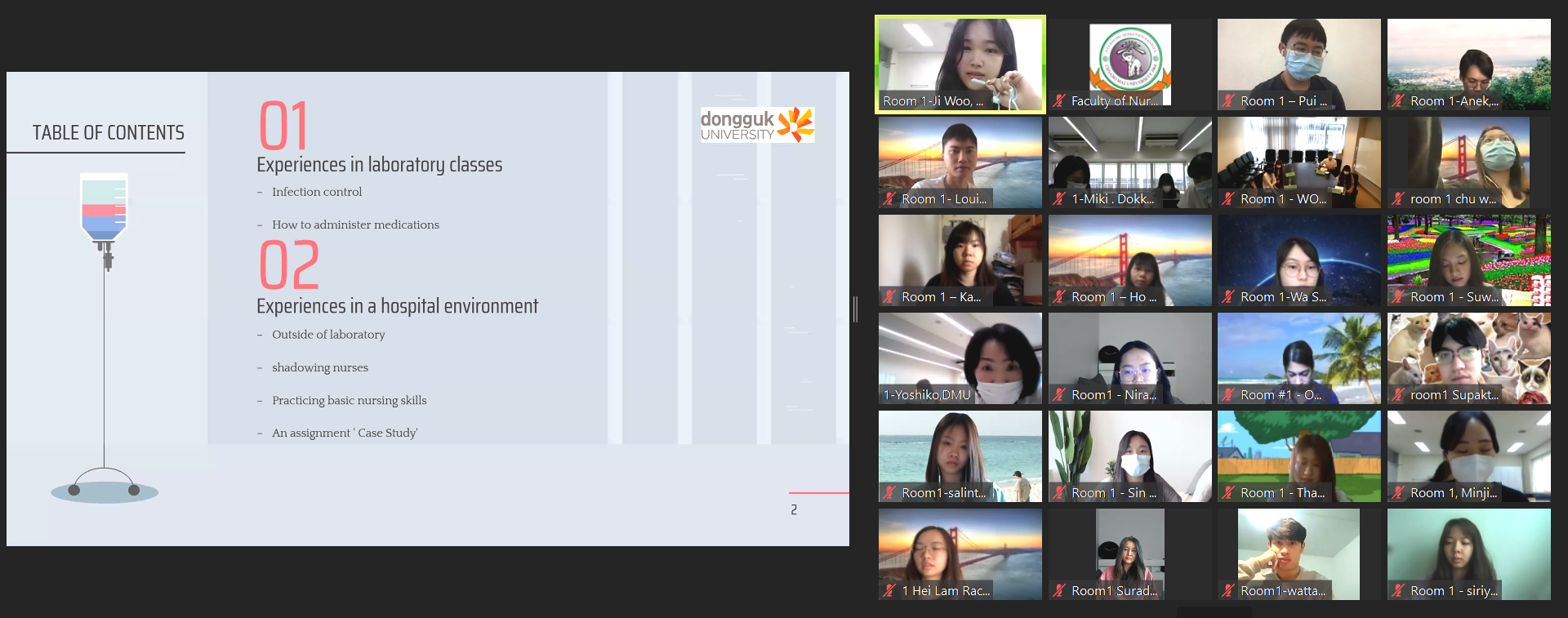
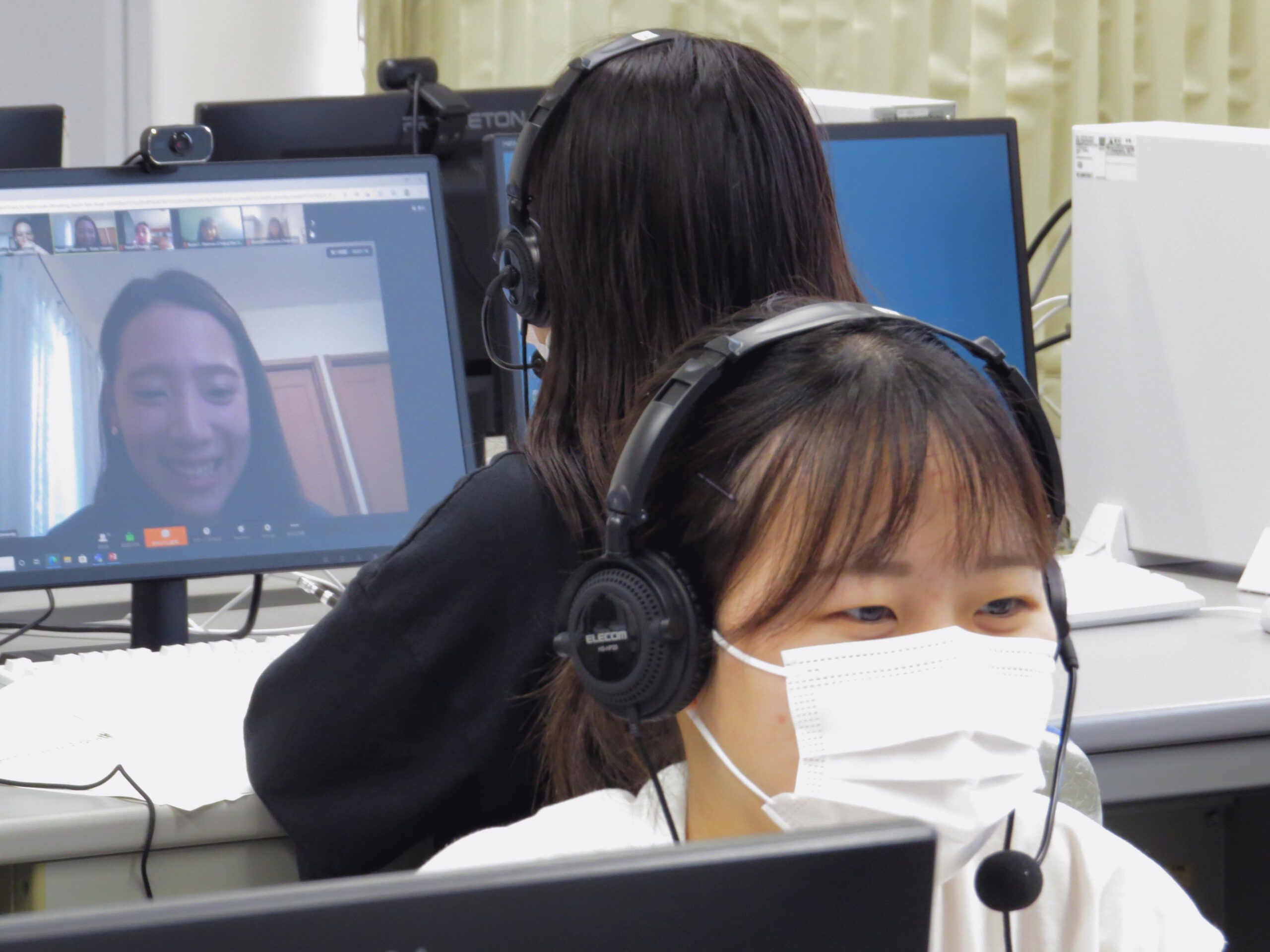
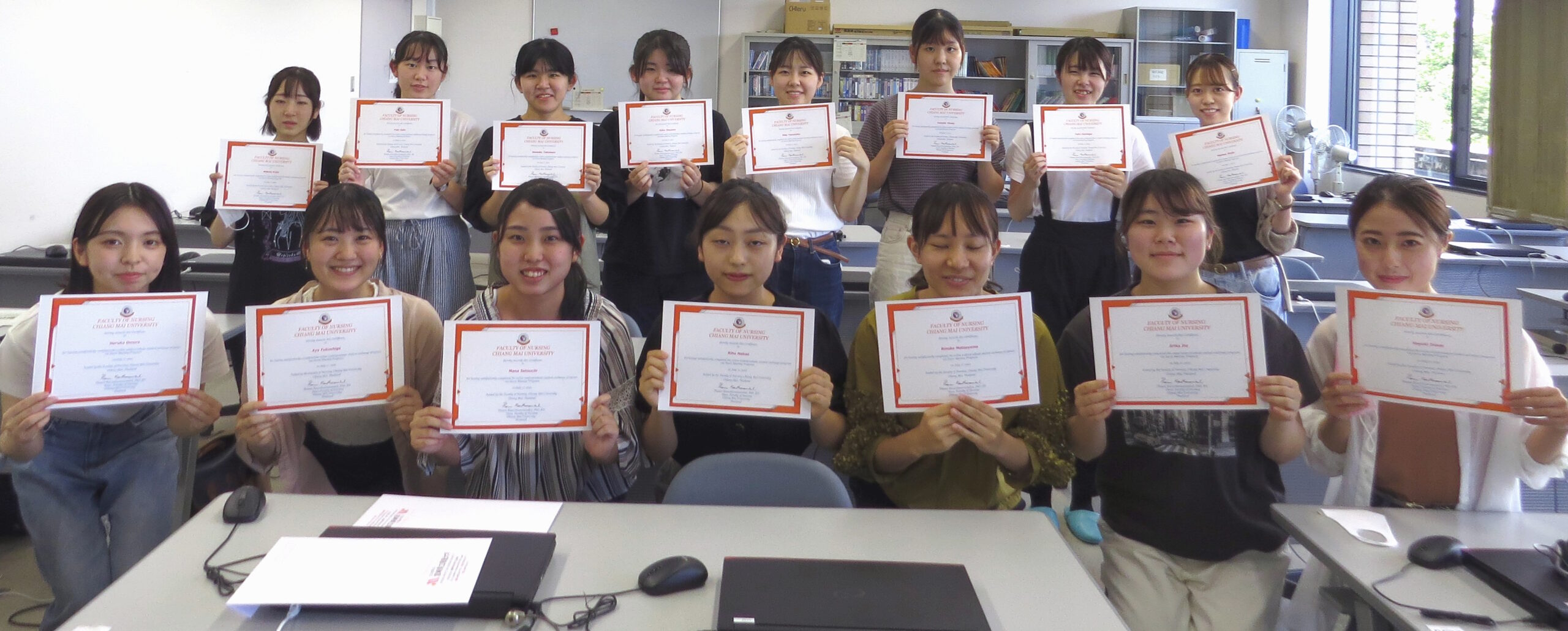
From the Participants
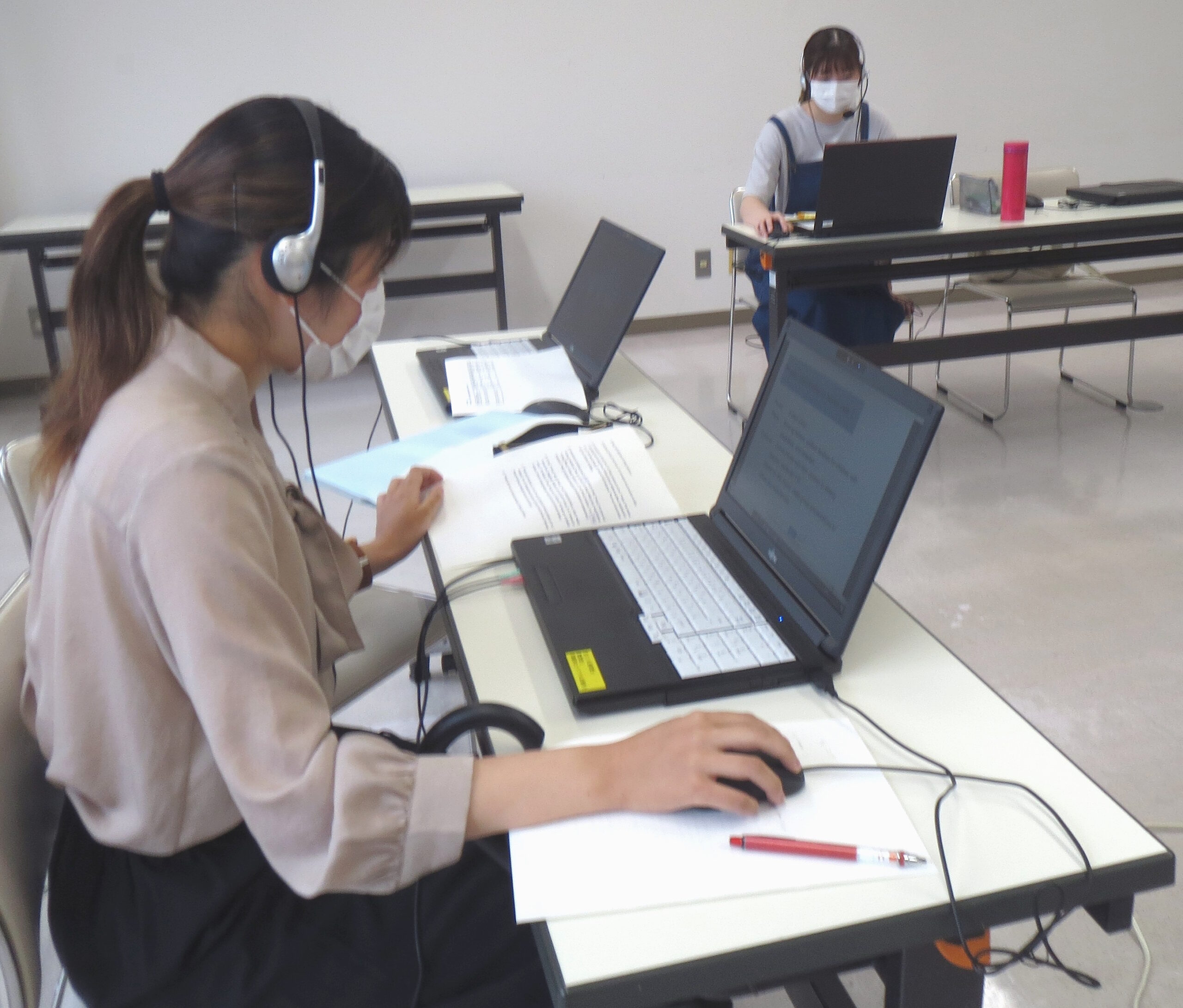
A Valuable Experience, Even Online
Mayu Uchida
I took part in an online exchange program with Chiang Mai University in Thailand. I gave a presentation about the entrance exam and university life in Japan. During the Q&A session, Thai students bombarded me with questions about university life, foreign nurses working in Japan, and the novel coronavirus illness. I believed that if I had prepared resources in advance for such issues, I would have been able to offer more thorough explanations, and I learned that advance preparation is required for a more satisfying student exchange experience. Being able to have a cross-border exchange while in Japan was a good experience for me.
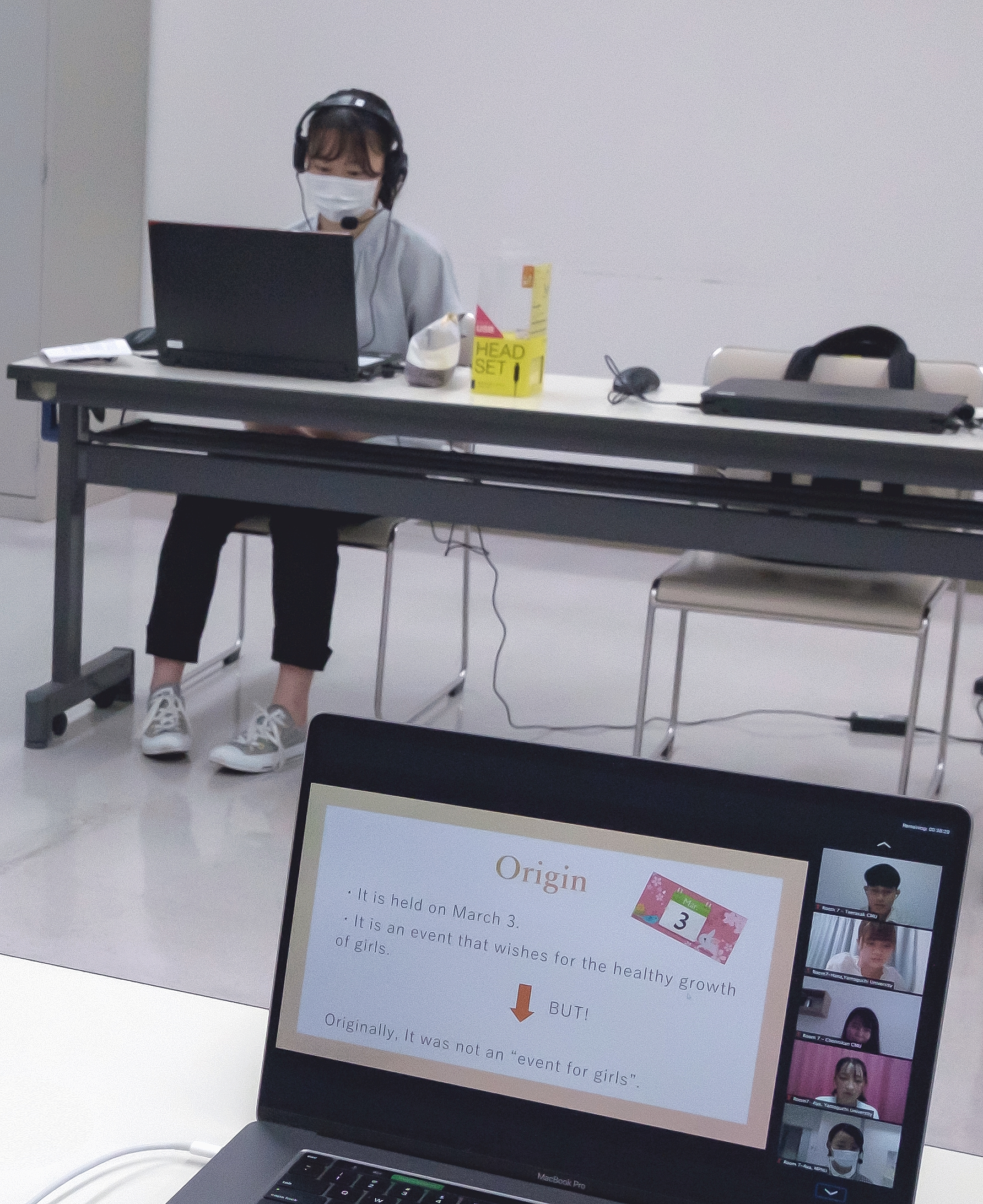
Involved Because It’s Online
Yuki Sato
Our group did a presentation on Festivals and Holidays. Since New Year’s Eve and New Year’s Day are important holidays in Japan, we focused on what we eat and do on those days. We also presented other events such as Nanakusa porridge and Otsukimi (moon viewing). Thinking about how to interact with people from the planning stage was a great experience for me. I was able to learn about the cultures of other countries through the presentations, and I was also encouraged by their excellent English and active questioning. Because of the online discussion, I was able to learn how to interact with others.
STIKES Medistra Indonesia
Fourteen students and 15 faculty members from our university attended an online lecture meeting held in August 2021 by STIKES Medistra Indonesia, one of our partner institutions. There were nearly 300 attendees in total. Three lecturers, including the head of our Psychiatric Nursing section, Professor Michiko Kawamura, delivered presentations on the theme Supporting psychiatric and socio-psychological health in times of pandemic.
- Mental health and psychological support during the Covid-19 pandemic
- Professor Budi Anna Keliet
- University of Indonesia
- Practical psychiatric nursing in a time of pandemic: The importance of human connection
- Professor Michiko Kawamura
- Miyazaki Prefectural Nursing University
- Psychiatric nursing education in the Covid-19 crisis
- Riris Ocktryna
- STIKES Medistra Indonesia
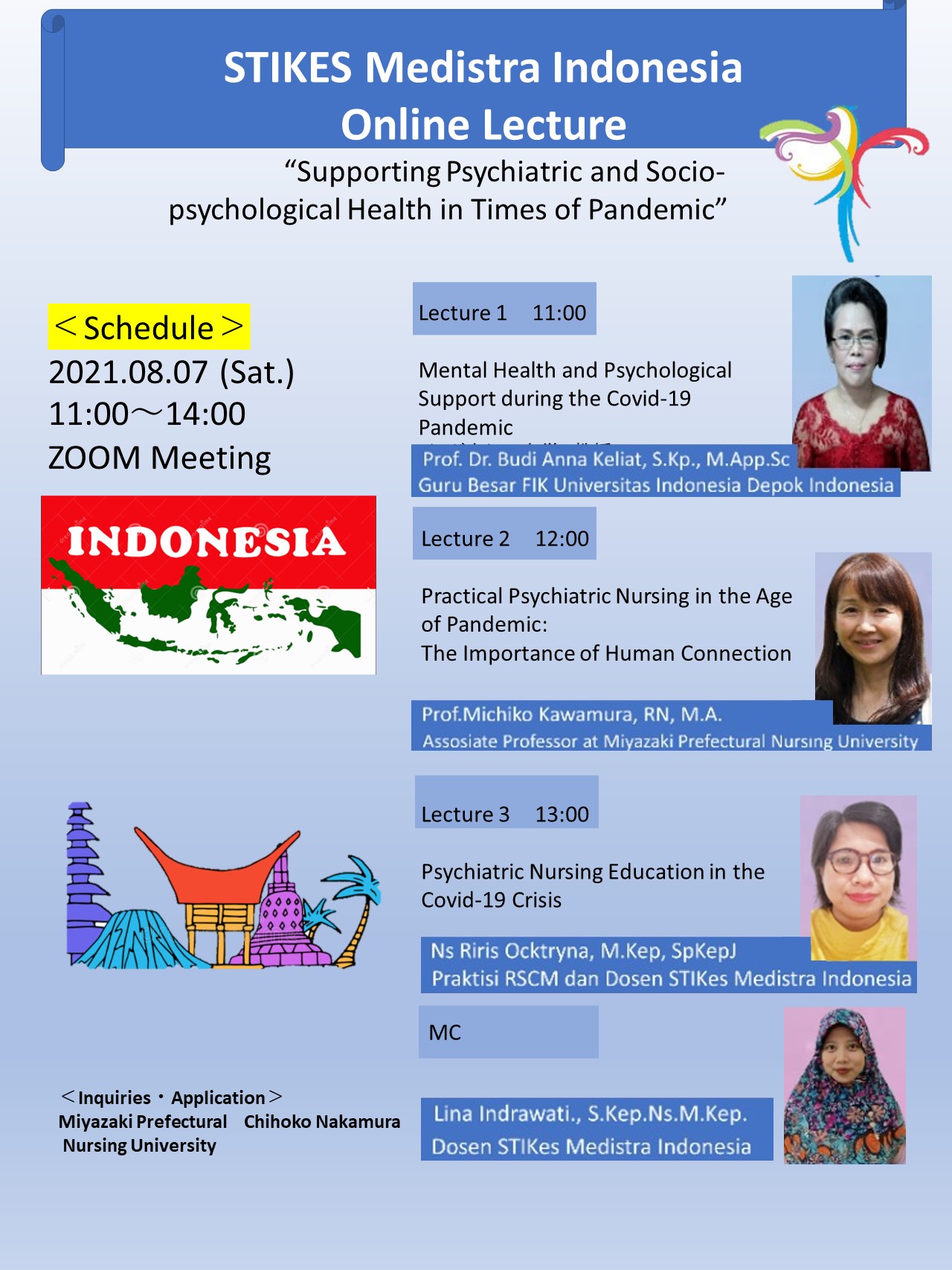
From the Participants
Professor Michiko Kawamura
Practical psychiatric nursing in a time of pandemic: The importance of human connection
It has been two years since COVID-19 became a global threat. Japan presented a basic policy to prevent the spread of infection, and social distancing was strictly enforced. This is an important measure to keep viruses out of our bodies and to protect lives. However, this has resulted in many changes in society, the economy, education, medicine, nursing, and more.
What and how should we consider this as mental health nurses?
It is simpler to care for the mentally ill and those who are led to mental illness if we recognize that the accumulation of anxiety, stress, and other difficult situations in their life has produced a view and mindset that it is better to avoid other people. Learning that it is safer to avoid others, they are trying desperately to protect their own safety by assaulting others to keep them away or living a withdrawn life. When we think about whether nursing care can promote recovery from mental illness or mental disorder, we will consider that receiving care that allows people to feel comfortable in their relationships with others, to feel their presence in social relationships, and to feel confident that others approve of their social relationships will lead to recovery. People who are not connected to one another are more prone to mental disease, which can lead to sickness. People who are connected to one another, on the other hand, have healthier minds.
However, social distancing with COVID-19, although helpful in terms of physical distance and saving lives, has made it more difficult for individuals to interact with one another. Although physical distance has been required, the connection in people’s hearts has never diminished, and everyone wants to live in a community where people support one another. To expand the circle of humanity, the human brain has evolved significantly, empathy has grown, and language was created. We wish to think that interacting with many people leads to happiness.
Today’s social networking services are so advanced that even if you are forced to socially distance yourself, you may still feel connected by using them. However, even without social media, people can feel connected to others. We humans have wonderful abilities, and we should use them. It is the capability to imagine numerous things in abundance. Our well-developed cerebral cortex enables us to imagine people’s features and recollect pleasant memories. We have the ability to imagine freely.
Now is the time to use this ability to imagine being connected to somebody. You can imagine how grateful you felt for the help you have received in your past or how hard they are doing, then you can also try to do your best. Making good connections with people is a priceless treasure in a person’s life.
Psychiatric nursing is based on meeting the essential human desire to feel connected to others, to be joyful, and to be useful to others through helping and being helped, and interacting with others in such a manner that they feel this way, regardless of the situation. This way of thinking may help restore mental health for all people in any situation.
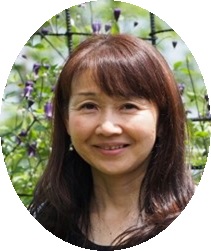
Emika Uchiyamada, 4th year student
A new form of coronavirus is currently spreading on a worldwide scale, and we will have to live with this new type of infection in the future. In this context, I attended the lecture Psychiatric nursing education in the Covid-19 crisis. The number of people suffering from mental diseases has risen as a consequence of severe changes in their lifestyles and decreased engagement with others as a result of self-control to avoid the transmission of the novel coronavirus. Mental health nursing services include assisting persons with mental disorders as well as those at risk of developing them. Mental health is to develop physically, mentally, spiritually, and socially, as well as to be aware of one’s own abilities, cope with stress, and contribute to society.
Now, in this Covid-19 pandemic, we are surrounded by a multitude of stressors including online education from home, telecommuting, adjusting to a new lifestyle, social distance, and more! I feel that many people suffer from mental illnesses as a result of stress. According to this lecture, the risk of suicide has increased by 60% since the Covid pandemic began. In the future, I hope to work in the field of psychiatric nursing. I want to be able to help patients in maintaining a good mental state. I believe that building trusting relationships would also help such people. I thought that nurses would need to be able to provide nursing services to deal with the pandemic. As a nursing student, my goals are to learn and grow physically and mentally at university, to discover my abilities (nursing knowledge and skills, compassion, and communication skills), and to use these abilities to help others not only as a nurse but also as a human being and to contribute to society.
Shiori Hosoda, 4th year student
I felt my heart warmed listening to the the lectures and others’ thinking about human psychology across borders. I believe that psychiatric nursing can only be pursued if you care about people. When I think of the genuinely caring individuals who gathered in that particular space, I felt happy to have such a valuable experience.
One of the lectures about psychiatric nursing informed us that, by making effective use of social media, we may notice our own presence among others. I was very impressed with this idea. When I couldn’t see my friends because of the pandemic, which was continuing longer than I expected, being able to easily share our situation with each other over social media was a tremendous source of comfort. I don’t want to spread this information to an unknown number of people, but I believe it’s terrible if your family and friends forget about you. I realized once more that being needed by someone confirms one’s existence.
And everything I learned today will help me in my future career as a mental health nurse. It’s wonderful to know that others are interested in you outside of social media sites. We cannot imagine how difficult it is for persons suffering from mental illnesses to feel confident that others approve of and need them in their social relationships.
However, I believe that if we can consciously provide nursing care with consideration and encouragement, it will lead to the patient’s recovery. The future is very bright when we view the human ability to “visualize being connected to others” as a strength.


